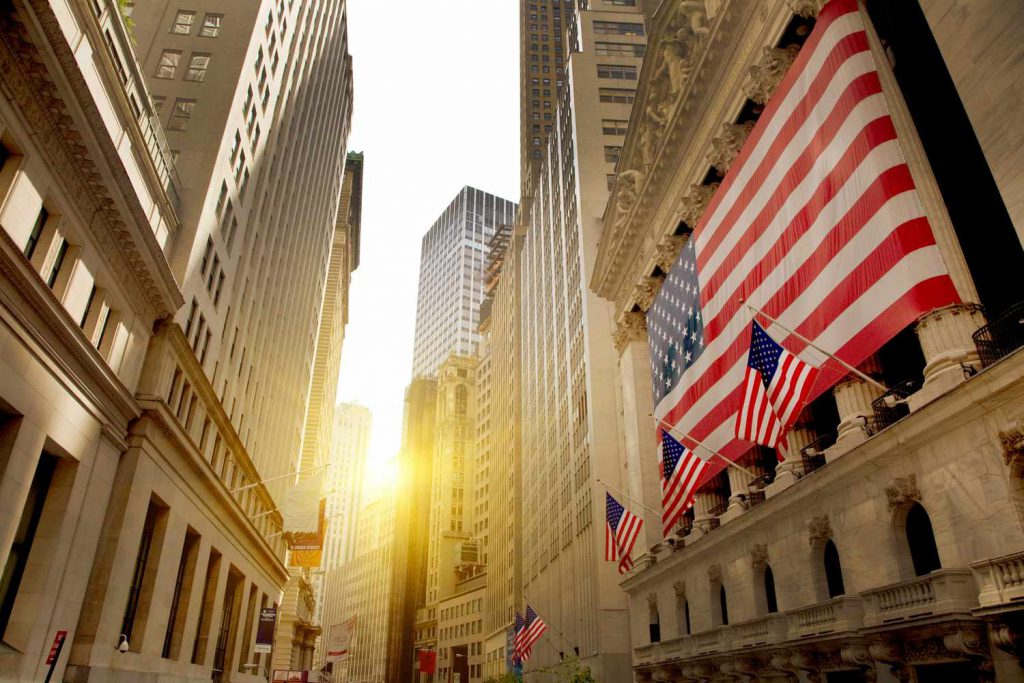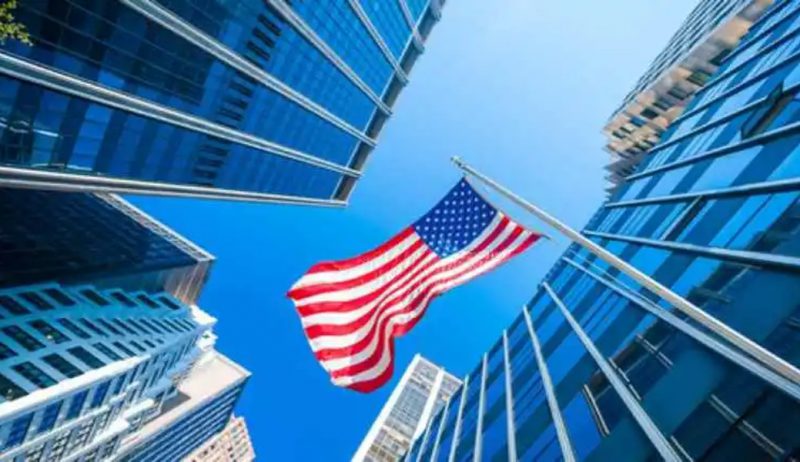The latest revised Bureau of Economic Analysis data calculated that the average American household excess savings is higher than previously thought. Americans have now saved up their excess cash much more in the banks than before the pandemic in 2020. The findings estimate that the US economy saw a boost in excessive savings of up to $1.3 trillion in 2023. The Société Générale also echoed that Americans saving their extra cash might not stop until next year in 2024.
Also Read: IMF Predicts the Future of the U.S. Economy
Americans Lift The US Economy Through Excess Savings & Spending: Data Shows


The move will significantly boost the US economy as excess household savings is experiencing a rise. “These figures now imply households’ excess saving may not be exhausted until sometime next year,” the analysts wrote in a recent note. The BEA revisions reflect a shift in how it measures income from real estate, investment trusts, and mutual funds.
Also Read: BRICS: Malaysia Announces To Eliminate the US Dollar For Global Trade
This development indicates that US household net worth has increased due to the robust job markets. The US economy added 336,000 jobs in September 2023 despite the inflation being 3.6%. The Feds are yet to control inflation and bring it under the standard 2% rate. Therefore, Americans have outstripped inflation this year in short-term spending habits.
In addition, Americans’ spending on consumer goods is up, and spent 5.8% more in August than a year before. “It’s not a regret-filled, spur-of-the-moment decision,” said Michael Liersch, the head of advice at Wells Fargo. “It’s the opposite of that, where I would regret not having done it,” he said to Wall Street Journal.
Also Read: BRICS to Completely Ditch the US Dollar in 3 Years
However, Liersch cautioned that it’s too soon to tell if the spate of excess savings and spending is the new normal. He warned that inflation is yet to be controlled and consumer spending might soon dry up.





